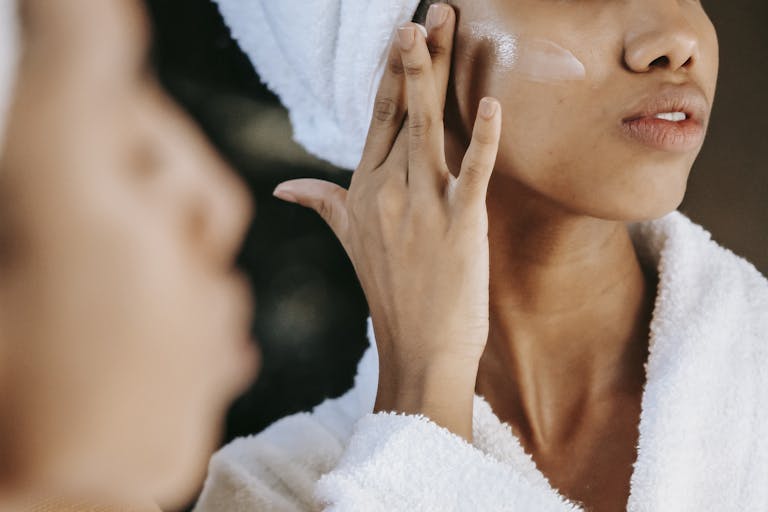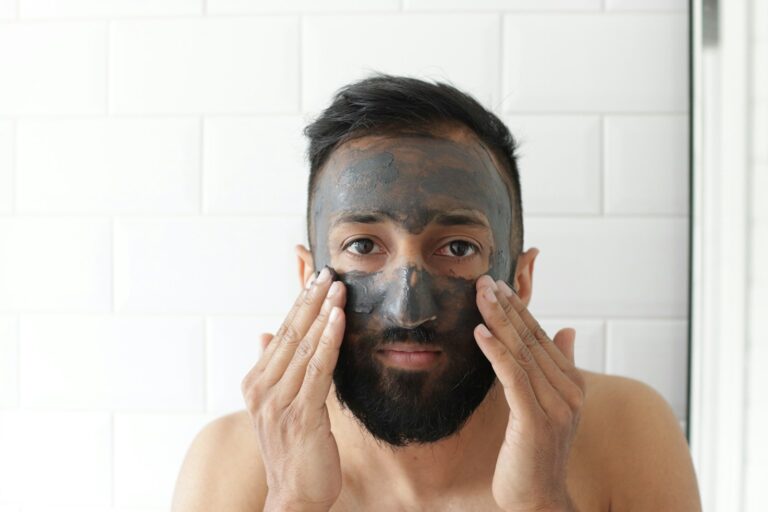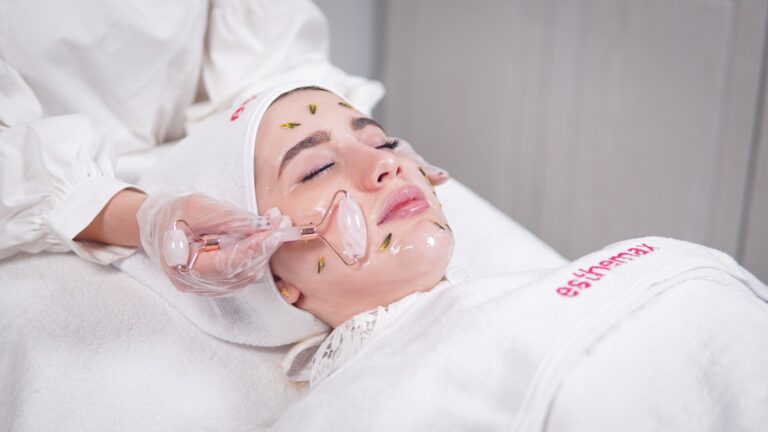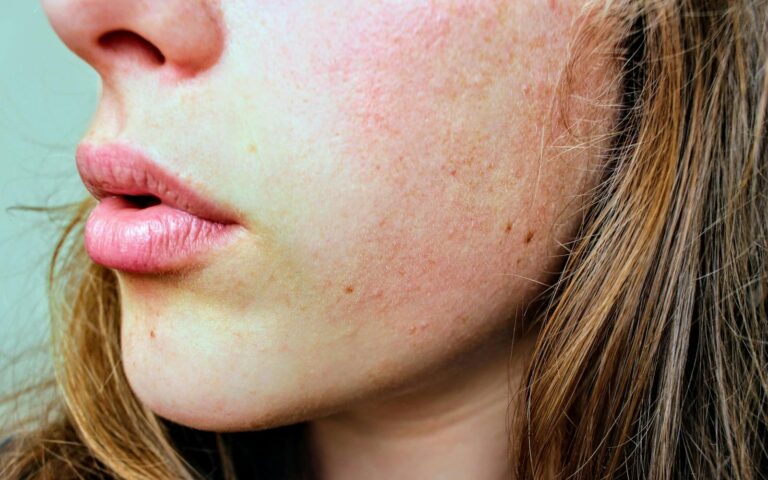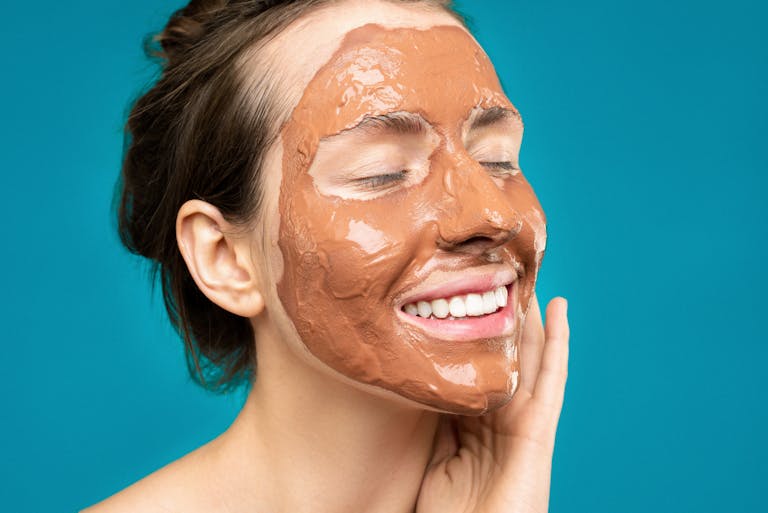There’s a good chance that some of your daily habits are undermining your skin’s health and appearance. From the foods you consume to how you manage stress, these seemingly harmless routines could lead to premature aging, breakouts, and dullness. By identifying and adjusting these habits, you can restore your skin’s natural glow and vitality. In this post, we’ll explore the lifestyle choices that might be working against you and provide practical tips to enhance your skincare regimen.
The Role of Nutrition in Skin Health
Your skin is not just an outer layer; it reflects the inner condition of your body, including your diet. Certain foods can contribute to the overall health of your skin, while others can lead to issues like dehydration, inflammation, and breakouts. Transforming your diet can improve your skin’s vitality. Including a variety of nutrient-rich foods can bolster skin structure and restore its natural glow.
Essential Nutrients for Radiant Skin
Vitamins such as A, C, and E play pivotal roles in maintaining skin health. For instance, vitamin C aids collagen production, which keeps your skin firm and youthful. Incorporating foods like oranges, strawberries, and bell peppers can ensure you’re getting enough of this imperative vitamin. Meanwhile, omega-3 fatty acids, found in oily fish, flaxseeds, and walnuts, help maintain the skin’s lipid barrier, reducing dryness and irritation. Your skin thrives on a diet rich in these powerful, nutrient-dense foods.
The Impact of Diet on Inflammation and Breakouts
Your daily food choices can significantly influence inflammation levels in your body, impacting your skin’s clarity. Diets high in refined sugars and processed foods can trigger inflammatory responses, leading to conditions like acne. Studies have shown that individuals consuming high-glycemic-index foods experience more breakouts compared to those whose diet consists of whole, unprocessed foods. Choosing a low-glycemic diet that includes fruits, vegetables, whole grains, and healthy fats can lead to smoother, clearer skin.
Moreover, significant evidence links dairy consumption to worsening acne, with some researchers suggesting that the hormones present in milk products may contribute to hormonal fluctuations that trigger breakouts. Making conscious dietary decisions can help quiet inflammation and clear up the skin, establishing a more radiant complexion.
The Consequences of Poor Sleep Habits
How Sleep Deprivation Affects Skin Renewal
Your skin engages in a remarkable process of renewal while you sleep, shedding dead cells and generating new ones. If you’re skimping on sleep, this cycle falters. Research indicates that adequate rest is imperative for bolstering the skin’s barrier function, which protects against environmental aggressors. Inadequate sleep has been linked to a reduction in growth hormone levels, a crucial element in skin repair mechanisms. This translates to slower healing from irritations, breakouts, and even acne scars, leaving your complexion looking lackluster and worn.
Moreover, sleep deprivation raises levels of cortisol, the stress hormone that can exacerbate inflammation and contribute to conditions like eczema or psoriasis. When you’re not getting sufficient rest, you might notice increased redness, puffiness, and a general dullness to your skin’s appearance. Over time, this lack of rest can lead to long-term skin issues that might require more intensive treatments to correct.
The Link Between Sleep Quality and Skin Conditions
Studies suggest that poor sleep quality can significantly worsen a variety of skin conditions. For instance, psoriasis and eczema, known for their inflammatory nature, have shown increased flare-ups in individuals experiencing sleep disturbances. Sleep plays a role in regulating immune function and inflammation, so when your sleep is compromised, your skin can pay the price. Additionally, conditions like acne may also worsen due to the increased cortisol levels from sleep deprivation, creating a vicious cycle between stress, sleep loss, and worsening skin health.
For those who find themselves tossing and turning at night, it’s worth noting how interconnected sleep and skin health truly are. Recent findings even illustrate a direct relationship between poor sleep quality and reduced effectiveness of topical treatments. With insufficient sleep, your skin doesn’t absorb dermal products as effectively, making solutions to common skin issues less beneficial. Prioritizing restorative sleep can significantly optimize treatments you may already be using, contributing to clearer, healthier skin overall.
Stress and Its Ripple Effects on Your Complexion
The Science Behind Stress-Induced Skin Issues
Stress triggers a chain reaction in your body, leading to the release of hormones like cortisol, which can wreak havoc on your skin. Elevated cortisol levels increase oil production in your skin, resulting in clogged pores and acne flare-ups. This hormonal imbalance can also disrupt your skin’s natural barrier, making it more susceptible to irritation, redness, and conditions such as eczema and psoriasis. Studies have shown that prolonged stress not only exacerbates existing skin conditions but can also contribute to premature aging through the breakdown of collagen and elastin, key components responsible for your skin’s firmness and elasticity.
In addition to hormonal impacts, stress can alter your immune response. Increased inflammation from chronic stress may manifest on your skin, causing issues like inflammation and sensitivity. Research has found that individuals experiencing high stress levels often report increased oiliness, dryness, and overall dullness in their complexion. Understanding these connections can be key to recognizing the root causes of your skin issues and addressing them effectively.
Effective Stress Management Techniques for Skin Health
Implementing stress management techniques not only benefits your overall mental well-being but also plays a significant role in improving your skin health. Regular exercise is a proven way to alleviate stress, releasing endorphins that boost your mood while improving blood circulation, which supports the nourishing of your skin. Additionally, mindfulness practices such as meditation and yoga have been shown to reduce cortisol levels, helping to lower the physiological stress that contributes to skin problems.
Adopting a balanced approach to your daily routine can have transformative effects on your skin’s appearance. Ensuring adequate sleep is also vital, as lack of sleep can exacerbate stress and lead to dull skin and dark circles. Cultivating a support network, whether through friends, family, or professional counseling, can provide relief and help you handle life’s pressures more effectively. Consider incorporating relaxing activities that you enjoy, such as reading or spending time in nature, to promote a more stable emotional state conducive to healthier skin.
The Dangers of Inadequate Hydration
How Dehydration Manifest in Skin Issues
Your skin gains its elasticity and radiant appearance primarily from hydration. When you skimp on your water intake, your skin quickly becomes a direct reflection of that choice. Common signs include increased dryness, flakiness, and an overall dull complexion. Even if you’re using the right products, if your body isn’t adequately hydrated, the effectiveness of these products can be severely compromised. Over time, this lack of hydration can lead to the development of fine lines, and even exacerbate conditions like eczema and psoriasis.
Studies indicate that up to 75% of Americans are chronically dehydrated, which means many don’t even realize the scale of the issue. This chronic state often manifests in the skin as a loss of suppleness and a rough texture, which is not only unattractive but can also contribute to increased sensitivity. You may notice that your skin feels tight or looks grayish instead of vibrant, revealing how dehydration can age your appearance prematurely.
Hydration Strategies for Optimal Skin Appearance
Boosting water intake is the simplest yet most effective approach to enhancing your skin’s appearance. Aim for at least eight 8-ounce glasses of water daily, and consider adjusting this number if you engage in strenuous activities or live in a dry climate. Incorporating water-rich foods into your diet, such as cucumbers, oranges, and watermelon, can also significantly contribute to your overall fluid intake. These foods not only hydrate you but also provide vital vitamins and antioxidants crucial for maintaining healthy skin.
Incorporate herbal teas and infused water for additional hydration benefits, as they can also offer antioxidant properties. Applying a hydrating serum or moisturizer after cleansing your skin helps seal in moisture. Look for products containing hyaluronic acid or glycerin, as these ingredients act as humectants, drawing moisture into your skin. Staying consistent with these hydration strategies will gradually improve your skin texture, brightness, and elasticity, leaving you with a more youthful and plump complexion.
The Impact of Product Overload on Skin Barrier Integrity
Understanding the Skin Barrier and Its Functions
Your skin’s barrier, also known as the stratum corneum, is the outermost layer that plays a vital role in protecting your body from harmful environmental aggressors, such as bacteria, allergens, and pollution. This barrier not only keeps moisture in but also helps to prevent the loss of necessary lipids that keep your skin hydrated. When your skin barrier is compromised, the risk of irritation, inflammation, and other dermatological issues increases significantly. You may find yourself dealing with concerns like redness, breakouts, or even accelerated signs of aging if the barrier is not functioning properly.
Factors such as excessive exfoliation, using products with harsh ingredients, and layering on too many products can heavily disrupt your skin barrier integrity. For instance, the overuse of acids and retinoids, particularly without appropriate moisturization, can lead to a weakened barrier. Data shows that individuals who follow overly complicated skincare regimens often report higher episodes of sensitivity and imbalance. Instead of nurturing your skin, you may be inadvertently causing more harm than good.
Simplifying Your Skincare Routine for Better Results
A streamlined skincare regimen can enhance the overall health of your skin, allowing your natural barrier to function more effectively. Start with the necessarys: a gentle cleanser, a nourishing moisturizer, and a broad-spectrum sunscreen. This triad can provide the necessary cleaning, hydration, and protection your skin needs without overwhelming it. According to dermatologists, keeping your routine to just three to four products can lead to visibly improved skin texture and resilience. Reducing product overload means that your skin can absorb ingredients more effectively, leading to a healthier complexion.
With fewer products, you can focus on quality over quantity. Explore formulations that contain beneficial ingredients, such as hyaluronic acid for moisture or ceramides for barrier repair, instead of adding layers of different products that may confuse your skin. It’s also wise to allow time for your skin to adjust to any new products you incorporate. This assessment phase can reveal what works best for you without overwhelming your skin, fostering a routine that is both effective and streamlined.
Final Words
On the whole, understanding the lifestyle habits that could be sabotaging your skin can empower you to make more informed choices. You have the ability to influence your skin’s health by simply tweaking your daily routines. Factors such as nutrition, hydration, sleep, and stress management play a vital role in maintaining a youthful and radiant complexion. By prioritizing a balanced diet rich in antioxidants, drinking adequate water, getting sufficient rest, and finding effective stress-relief techniques, you can significantly enhance your skin’s appearance and overall well-being.
Taking the time to evaluate your daily habits and make constructive changes not only benefits your skin but also contributes to your overall health. You may find that small adjustments lead to noticeable improvements over time. It’s not just about addressing issues as they arise but cultivating a holistic approach to your lifestyle that supports vibrant skin from the inside out. Embracing these mindful practices paves the way for a clearer, healthier complexion, reflecting the effort and care you invest in yourself.


